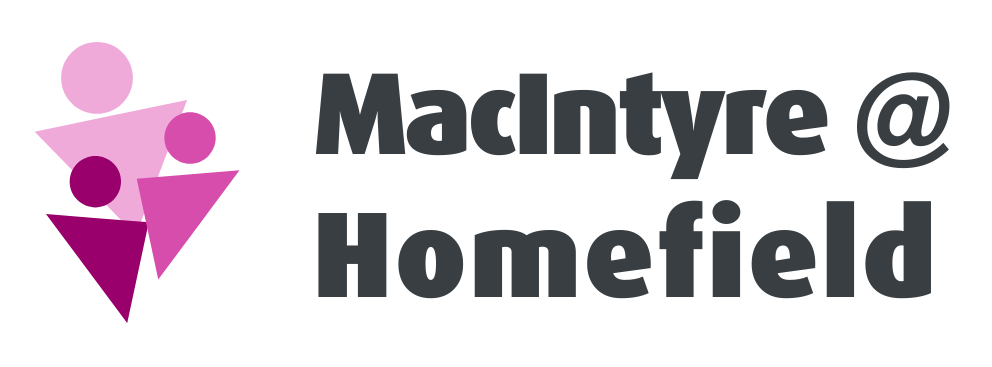E-Safety and IT Acceptable Use
Our e-safety policy states how we safeguard our beneficiaries when using the internet and social media.
Introduction & Context
Students interact with new technologies such as mobile phones and the Internet on a daily basis and experience a wide range of opportunities, attitudes, views and situations.
The exchange of ideas, social interaction and learning opportunities involved are greatly beneficial but can also place students in danger.
The College therefore weighs up the risks and decides the right balance between controlling access, setting rules and educating students for responsible use.
What is e-safety?
E-Safety encompasses not only internet technologies, but also electronic communications via mobile phones, games consoles and wireless technology. It
highlights the need to educate students about the benefits, risks and responsibilities of using information technology:
- E-Safety concerns safeguarding students in the digital world.
- E-Safety emphasises learning to understand and use new technologies in a positive way.
- E-Safety is less about restriction and more about education, about the risks as well as the benefits, so we can feel confident online.
- E-Safety is concerned with supporting students to develop safer online behaviours both in and out of college.
The Internet is an unmanaged, open communications channel. The World Wide Web (WWW), email, blogs and social networks all transmit information using the
internet’s communication infrastructure internationally at low cost.
Anyone can send messages, discuss ideas and publish material with little restriction. These features of the internet make it an invaluable resource used by millions of
people every day.
Some of the material on the internet is published for an adult audience and students need to develop critical skills to evaluate online material and learn that publishing personal information could compromise their security and that of others. Students need to be taught the British Values of respect and tolerance of others’ beliefs.
The College has a duty of care to enable students to use online systems safely.
Student Safety
The electronic world is just like the real world. We need to take the same care when using ICT (information and communication technology) as we do when crossing the road.
Some students will be unable to take full responsibility for their own access and will need to be protected, but this should not be used as a reason for wholesale blocking and banning of access.
Students have individual risk assessments and care plans which detail the support they need when using IT (Information Technology).
Homefield College uses internet filtering software (Smoothwall) to enable safe access to the Internet.
Student Support
There is hardware and software that can improve students’ abilities to learn and communicate through using IT. Staff will assess whether you need a specific piece of IT to support you.
Requests for supportive technologies should be made direct to the College’s IT department.
Guidance: Below is a simplified version of this policy.
Staff need to read this part of the policy before supporting students to complete the e-safety policy below. It is identified that some adaptations will be required, as appropriate to students’ individual needs and abilities.
Review / Amendment
The organisation reserves the right to review this policy and procedure at any time if deemed necessary and to amend it accordingly. Any changes will be notified to all staff and updates uploaded to SharePoint and the College’s website.
Approved by: Senior Management Team
Date: March 2023
Review Due: August 2023
Staff Lead: Curriculum Development & Student Progress Manager






